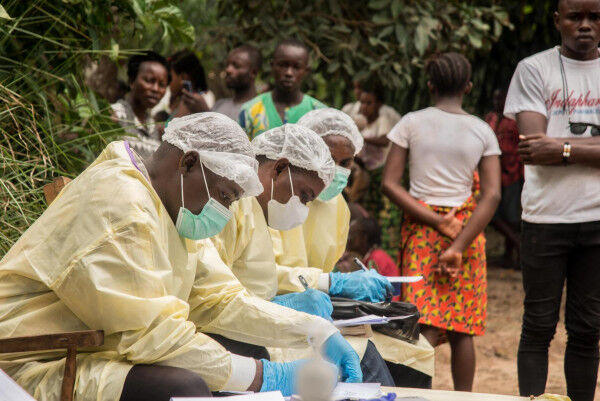
Piqued by the failure of distribution of palliatives during COVID-19 pandemic, a rights group, Oxlade consulting, has called on the federal government to develop a structured social protection policy to enhance distribution of palliatives during pandemic situation
Oxlade consulting gave the recommendation following a project on “Advancing Community Access to equitable Covid-19 response” implemented in Nigeria, Ghana and Senegal, supported by the Open Society Initiative for West Africa (OSIWA) and Budgit
The Lead Partner, Oxlade Consulting, Adeniyi Agunloye, during a stakeholders’ workshop on the Post Covid-19 Environment, stories of community resilience yesterday in Abuja, stressed the need to launch a social support programs to reinforce resilience building and provide safety net systems for the most vulnerable in the society.
While mentioning that the hallmark of decency in any society is the manner in which the vulnerable citizens are treated, he harped on need for concerted efforts to improve capacity for support, palliative support such as food money and shelter as well as ensure appropriate monitoring and evaluation for improve intervention.
Agunloye also stressed that the federal ministry of social welfare both at the federal and state levels should be at the fore front of such intervention.
He mentioned that from their findings, post-COVID-19 period was marred with the scarcity of food and resources amid spars and poorly coordinated distribution of palliatives worsen by the economic and psychosocial burden on the populace especially the vulnerable individuals.
He pointed out that government has always responded to support of victims affected by disaster occurrences be it flood, COVID-19, displacement among others in the same manner, which is through distribution of palliatives.
Agunloye further stressed the need to leverage and learn from past disasters to control, check and cope with crisis as well as develop better approaches to building resilience that is better, saying that will be useful for mental health.
The Programs Manager, Oxlade Consulting, Adedayo Ige, stated that the aim of the project was to create stories across three West African countries of Nigeria, Ghana and Senegal on how people were able to build resilience during the COVID-19 pandemic.
She said that from their findings, it was revealed that the challenges across the countries were similar, saying that in each of the countries, citizens were unable to access palliatives provided by the government, so citizens had to look for other means to survive.
“It is a very pathetic situation and we hope that government will ensure that promises are kept and should there be any pandemic in future, government should do well to tackle it adequately “.
The Director, Budget, Seun Onigbinde mentioned that the reason for palliative problem in Nigeria is due to lack of a structured social protection program in Nigeria, adding that the lack of structure of social protection framework was the reason government always adopt adhoc measures to strengthen resilience of vulnerable people to shocks.
He stated that the lack of social protection framework in country was responsible for the adoption of adhoc mechanism in palliatives distribution which has not changed anything. He further mentioned that the mop up of food produce from the market for palliative reasons was one of the reasons for high cost of food






